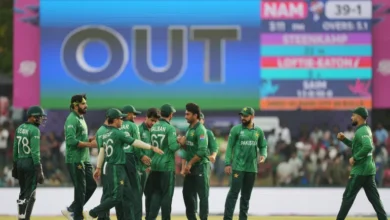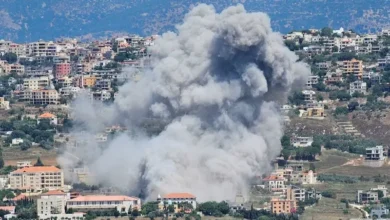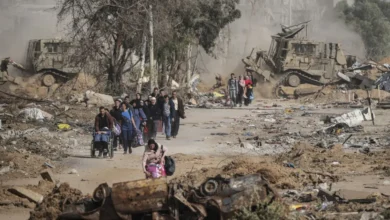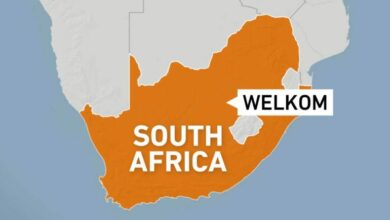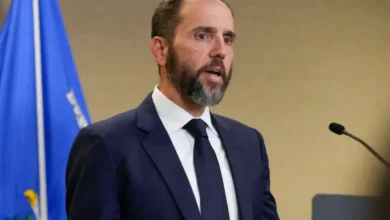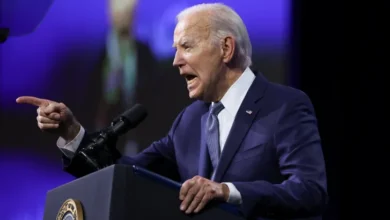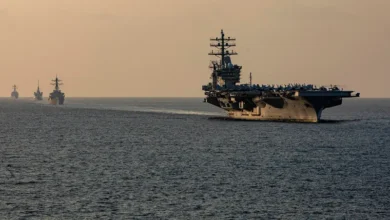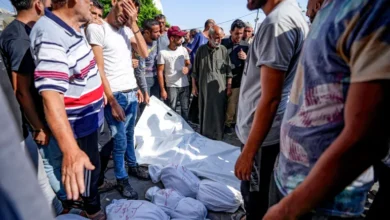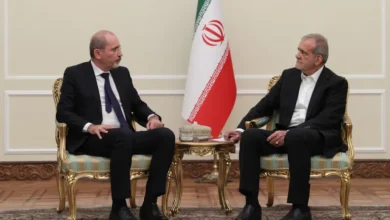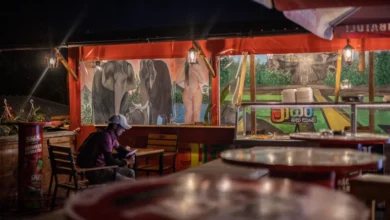Families want justice, ‘blood money’ for AU peacekeeper killings in Somalia
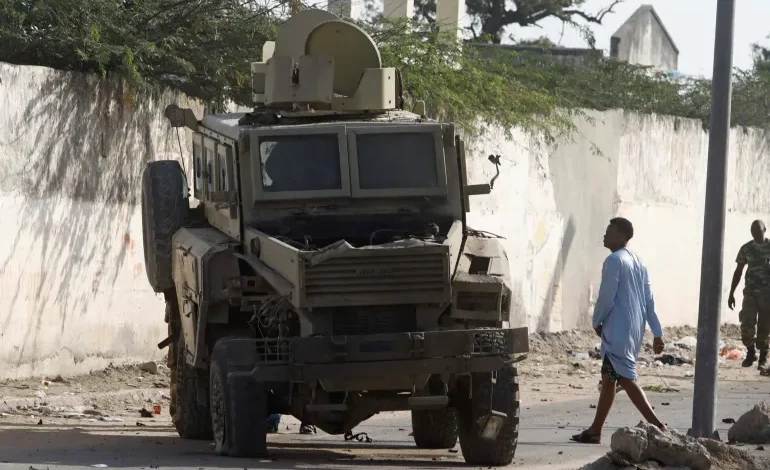
Omar Hassan Warsame was a larger-than-life figure in the Somali town of Golweyn, where his sizeable farm provided maize, bananas and jobs that helped sustain the community.
The 65-year-old and a contingent of up to a dozen of his employees would tend to crops on the plot in the Lower Shebelle region, some 110km (68 miles) southwest of the capital Mogadishu – which helped spare locals from the effects of the region’s recurring droughts.
On August 10, 2021, African Union (AU) peacekeepers from Uganda converged on the farm. Renowned as a community representative, it was not uncommon for businessmen or officials to approach Omar. But, for reasons that remain unclear, the soldiers opened fire on him and four of his employees.
“They killed them in cold blood,” Mohamed Abdi, a nephew of Omar’s, told Al Jazeera. “He was a community leader. A kind, charitable man who provided for the poor and cared for all his neighbours. The whole city mourned with us.”
Seven civilians were killed in the Golweyn massacre, which prompted outrage across Somalia. Demonstrators took to the streets in Mogadishu and towns in Lower Shebelle demanding the withdrawal of foreign peacekeepers from the country. Eventually, a Ugandan court martial sentenced two soldiers to death and three others to lengthy prison terms, before a Ugandan court threw out the death sentences.The peacekeepers belonged to the African Union Mission in Somalia, or AMISOM. They were first deployed in 2007 to prevent a takeover of the country by al-Qaeda affiliate al-Shabab, which seeks to overthrow Somalia’s government. While al-Shabab frequently engages in battles with peacekeepers and government forces, civilians have borne the brunt of its attacks. The armed group is estimated to have killed around 4,000 civilians in shootings, suicide bombings and other forms of violence between 2008 and 2020.
AMISOM peacekeepers – composed of troops from countries in the region – were primarily tasked with countering al-Shabab’s influence, providing security in government-held areas and coordinating with fledgling Somali security forces.
Backed by the United Nations, United States and other donor states, the AU peacekeepers have played a critical role in countering threats posed by the armed group.
But reports about their involvement in abuses against civilians can be traced back to their initial years in the country. Rebranded as ATMIS (African Union Transition Mission in Somalia) in 2022, and now planning an end-of-the-year withdrawal from the country, families of victims say the AU owes them justice and “blood money” – financial compensation for their suffering.
“They’re supposed to be peacekeepers, but they murder civilians,” Omar’s nephew Mohamed told Al Jazeera. “What makes them different from al-Shabab then?”
Compensation for victims
Since the overthrow of President Siad Barre in 1991, Somalia has been plagued by internal fighting between rival strongmen, with a weak central government. Following the rise of the Islamic Courts Union (ICU), a political and military entity established by local Islamic law courts to govern the country, troops from neighbouring Ethiopia entered Somalia and drove the ICU from power in late 2006. The splintering of the ICU and the presence of Ethiopian troops, widely unpopular among Somalis for war crimes committed during fighting, fomented resistance. Eventually, hardliner elements of the former ICU went on to establish al-Shabab.
International efforts to stabilise the country led to the establishment of the AU’s peacekeeping mandate in 2007. Ethiopian troops withdrew the bulk of their forces by early 2009 but always maintained a troop presence in Somalia, before merging them with the AMISOM force by 2014.
